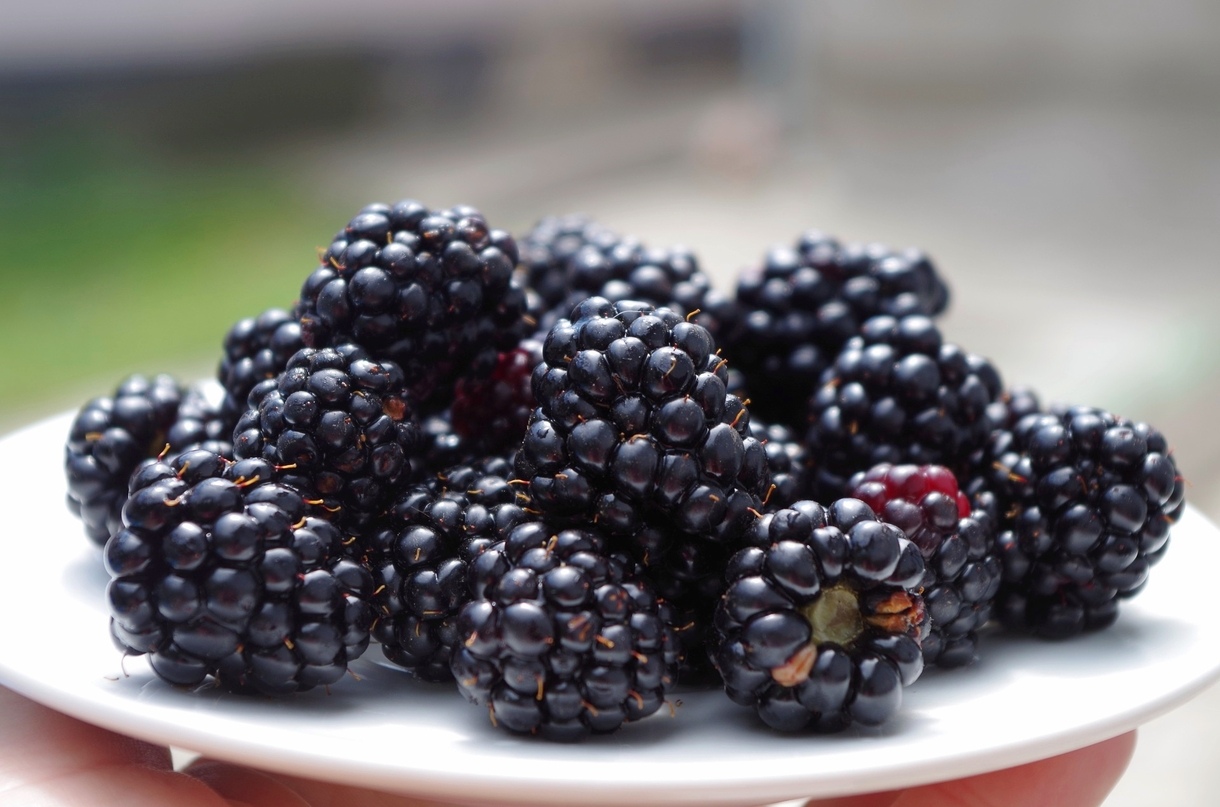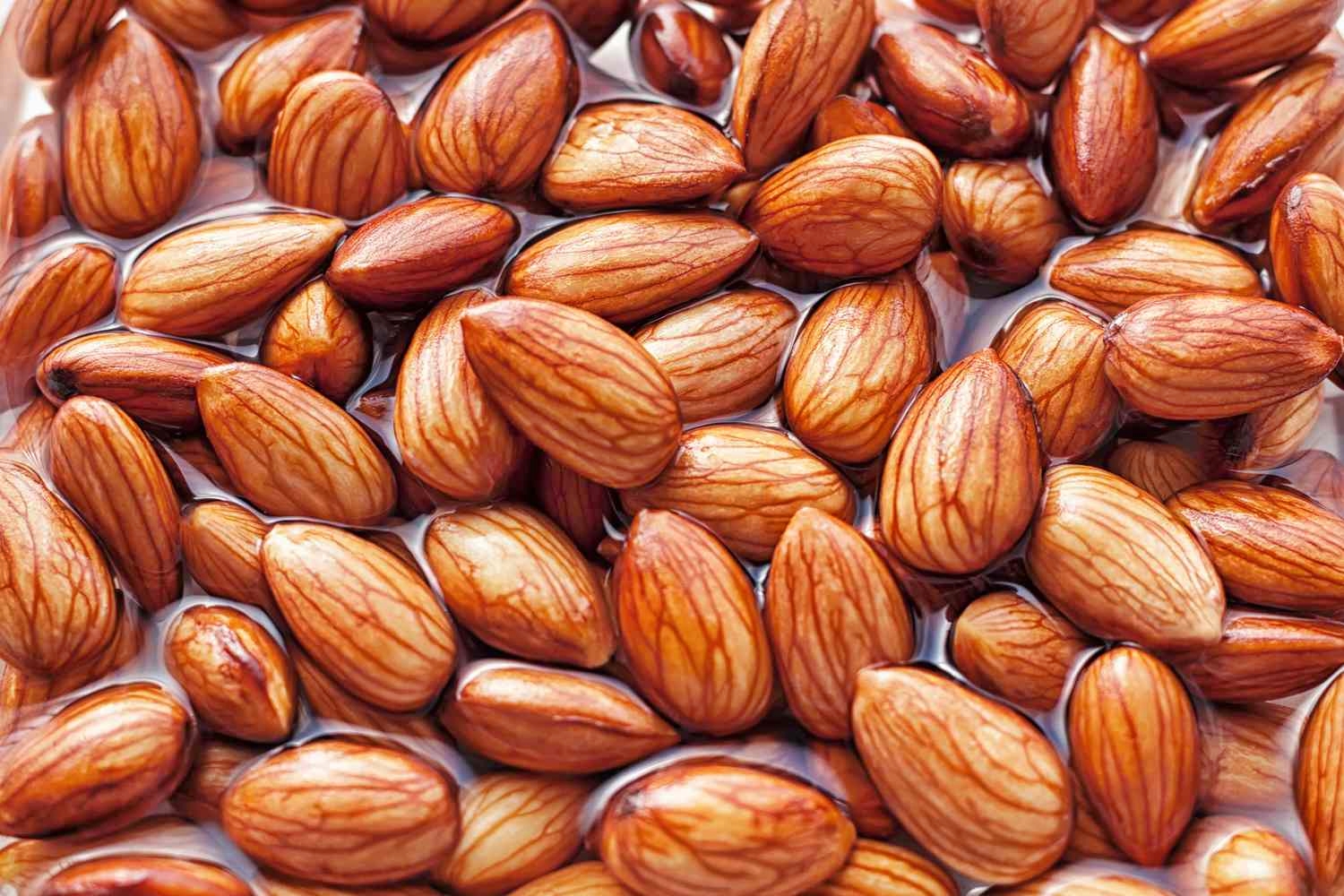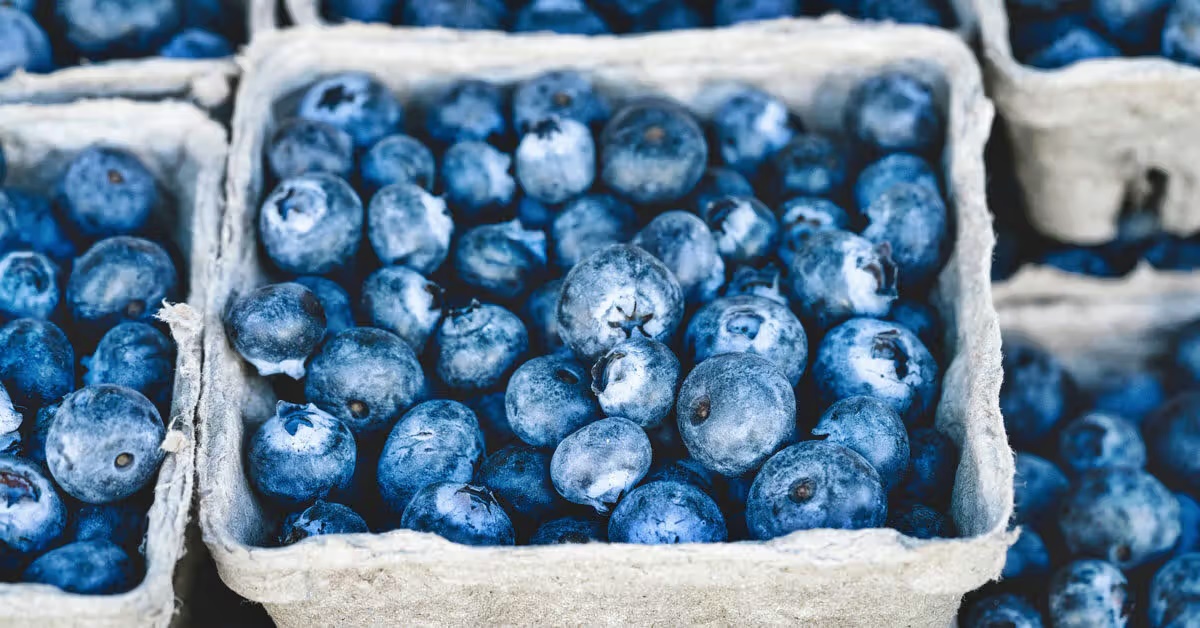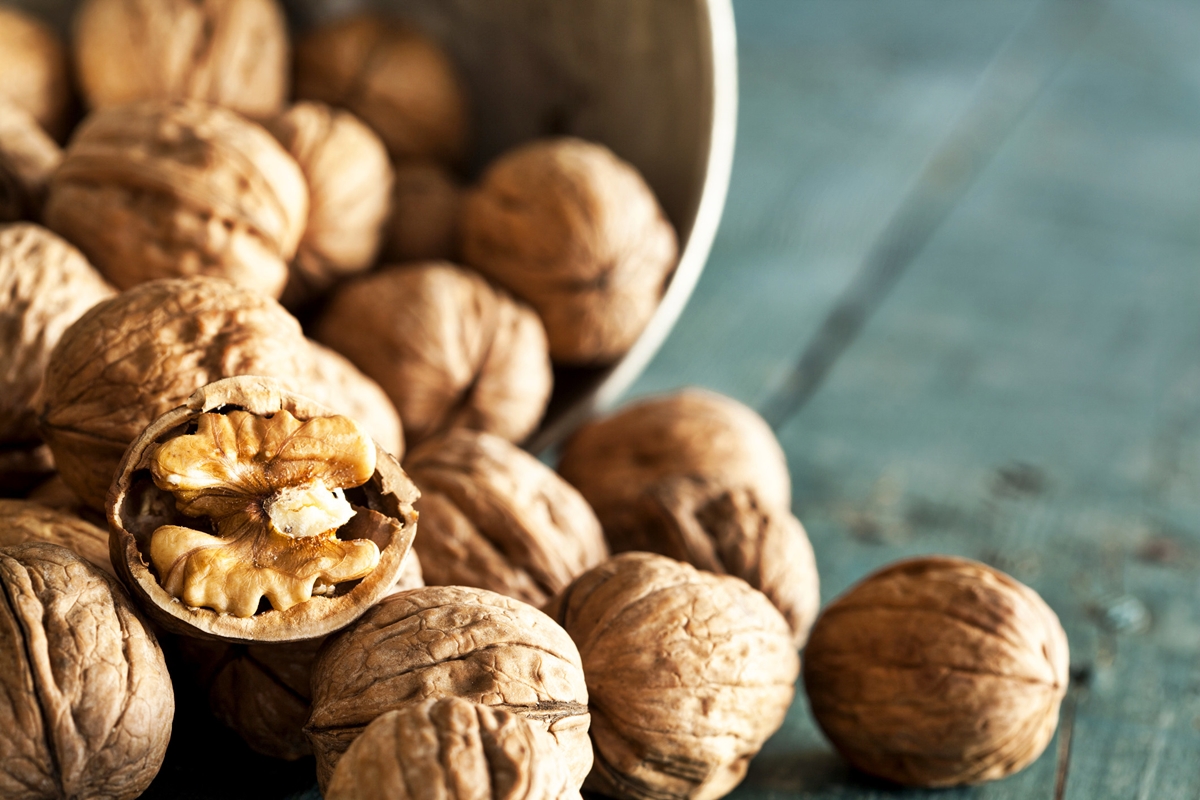How Your Diet Can Impact Your Brain Health
When it comes to maintaining a healthy brain, what you eat plays a crucial role. The food you consume can have a significant impact on your cognitive function, memory, and overall brain health. By making mindful choices about your diet, you can support positive brain health and enhance your mental well-being.
Key Nutrients for Brain Health
Several nutrients are known for their positive effects on brain health. Incorporating these into your diet can help support cognitive function and protect against age-related decline. Some key nutrients for brain health include:
- Omega-3 fatty acids: Found in fatty fish, flaxseeds, and walnuts, omega-3 fatty acids are essential for brain health and can help improve cognitive function.
- Antioxidants: Foods rich in antioxidants, such as berries, dark chocolate, and colorful fruits and vegetables, can help protect the brain from oxidative stress and inflammation.
- Vitamins and minerals: Nutrients like vitamin E, vitamin C, and magnesium play important roles in supporting brain health and can be found in foods like spinach, citrus fruits, and nuts.
The Impact of a Balanced Diet
Adopting a balanced and varied diet can provide the essential nutrients your brain needs to function optimally. A diet rich in whole foods, including fruits, vegetables, whole grains, lean proteins, and healthy fats, can support positive brain health and contribute to overall well-being. Additionally, staying hydrated by drinking plenty of water is important for maintaining proper brain function.
Healthy Eating Habits for Brain Health
In addition to focusing on specific nutrients, adopting healthy eating habits can further support positive brain health. Some tips for incorporating brain-boosting foods into your diet include:
- Regular meals: Eating regular, balanced meals can help stabilize blood sugar levels and provide a steady source of energy for the brain.
- Mindful eating: Paying attention to your eating habits and practicing mindful eating can help prevent overeating and promote a healthy relationship with food.
- Limiting processed foods: Minimizing the consumption of processed foods and added sugars can help reduce inflammation and support overall brain health.
- Healthy fats: Including sources of healthy fats, such as avocados, olive oil, and nuts, in your diet can provide essential nutrients for brain function.
The Gut-Brain Connection
It’s important to note that the health of your gut can also impact your brain health. The gut and brain are connected through a complex communication network, and maintaining a healthy gut microbiome through a diverse and fiber-rich diet can positively influence brain function and mental well-being.
Conclusion
By prioritizing a diet rich in brain-boosting nutrients, adopting healthy eating habits, and considering the gut-brain connection, you can support positive brain health and enhance your overall well-being. Making conscious choices about the foods you consume can have a lasting impact on your cognitive function and mental clarity, ultimately contributing to a healthier and happier life.
Was this page helpful?
raryaes
Missingmoney.org adalah situs judi sepak bola yang menemukan banyak populer Spade Gaming yang menawarkan jackpot besar. Tampilan slot Spade Gaming juga selalu modern. yang menyediakan bayak slot online terbaik. berbagai produk slot online yang kami berikan game dengan visual yang sangat baik dan jackpot yang tinggi kualitas terbaik bermain yang paling menguntungkan yang saat ini paling dicari-cari oleh para pemain setia judi online dengan baik di Indonesia.











